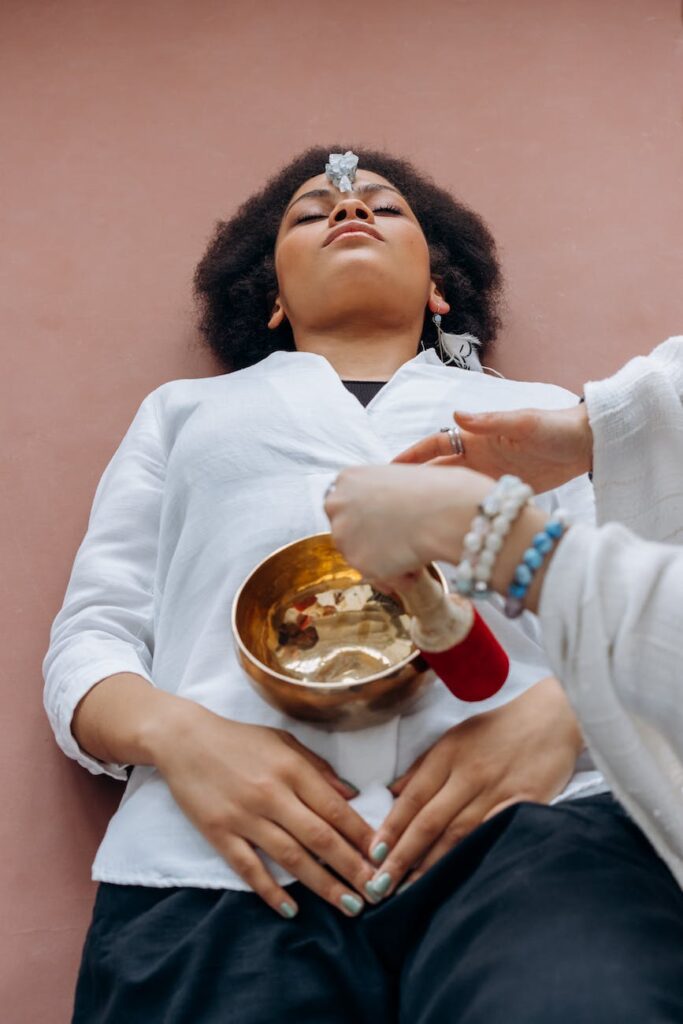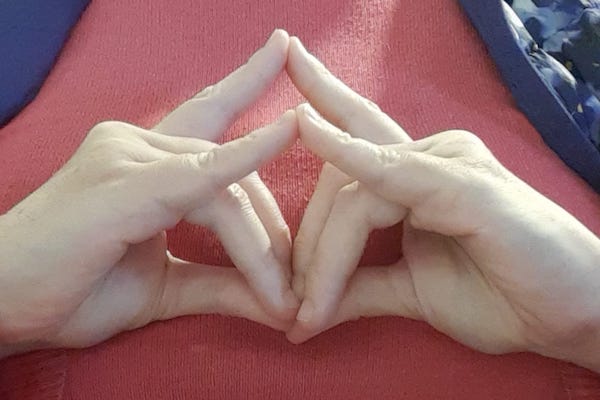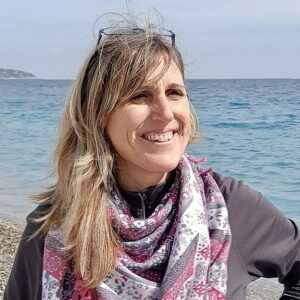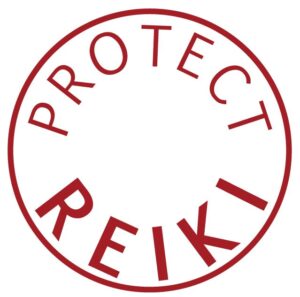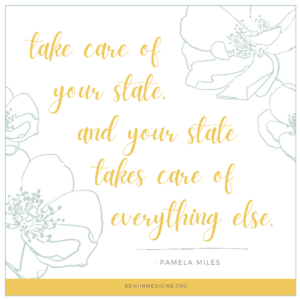I attended the annual Duncan W. Clark lecture at the venerable New York Academy of Medicine here in New York City to hear Donna Shalala speak on the future of nursing. Shalala is a formidable American, then president of...
I attended the annual Duncan W. Clark lecture at the venerable New York Academy of Medicine here in New York City to hear Donna Shalala speak on the future of nursing. 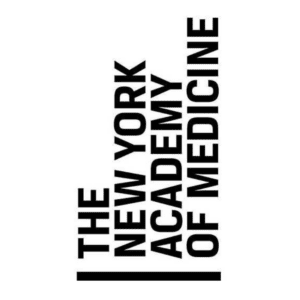
Shalala is a formidable American, then president of the University of Miami, past president of Hunter College of the City University of New York, past chancellor of the University of Wisconsin-Madison, the longest-serving Secretary of Health and Human Services in US history, recipient of over four dozen honorary degrees and seemingly endless other honors, including our nation’s highest civilian award, the Presidential Medal of Freedom. She has since served as president of the Clinton Foundation, and served a term in the U.S. House of Representatives (D-Florida).
As I said, she’s a formidable American. She was speaking at the Academy of Medicine on behalf of the Institute of Medicine’s (IOM) report on the future of nursing, a report sponsored by the Robert Wood Johnson Foundation that aims to improve health care by changing attitudes towards nurses, improving nursing education, and changing restrictions that keep nurses from functioning to the full capacity of their training.
I stepped up to the mike during the Q & A and asked if the report gave any mechanism for including unlicensed health care providers at the table. Shalala’s response was disappointing. She referred to alternative medicine only, did not use the word complementary, and pulled the evidence card.
To paraphrase, Shalala said medicine has to be evidenced-based; give us the research and we’ll consider it. I pointed out what a Catch-22 that is. Unlicensed practitioners can’t do research because we are not in academic medicine, and we can’t get into medicine without research.
During the ensuing back-and-forth, I succinctly and respectfully countered each of her objections with facts, mentioning that:
complementary healing approaches offer low-cost solutions to support conventional medicine; we don’t have financial support for research from Big Pharma; if we don’t involve full time practitioners in the efforts to transform health care, we’re not getting the best that these approaches offer.I also asked for resources to get past the roadblocks. It was made clear that my concerns were not of interest.
I was frankly surprised. She is, as I said, a formidable American, and a well informed one. Yet she knows nothing of complementary care or integrative medicine. She also didn’t seem to know much about what’s actually happening in nursing; she was looking at it academically, from the outside.
Nonetheless, I made a point to shake her hand at the end and tell her how much I respect her work, which I truly do.
Several nurses approached me afterwards to express their support. Their enthusiasm about Reiki practice showed the limits of Shalala’s awareness of what nurses are doing, thinking, and valuing.
The nurses supported integrating Reiki practice into medical care. Their idea was that nurses would practice, but they listened when I asked how overworked nurses could have the time to develop expertise the way a full time Reiki professional does?
We need many more such conversations…
Training nurses to practice Reiki
I wholeheartedly agree with training nurses to practice Reiki.
When I’ve trained at NY Hospital/Columbia and other medical settings, my strategy is always to teach nurses (and other staff) to practice self Reiki first, to quickly improve their well-being, and so they experience directly what their patients will experience. Then they practice on one another before I supervise them practicing on patients.
While nurses have a lot of training and experience that transfers well to practicing Reiki, there are ways in which that experience can interfere. Practicing on themselves first and informally on one another helps them settle into this practice and appreciate it’s a practice, not a medical intervention.
Read nurse Susan Alger’s thoughtful response.
Sign up for my ReikiUpdates and I’ll send credible Reiki information right to your inbox.



